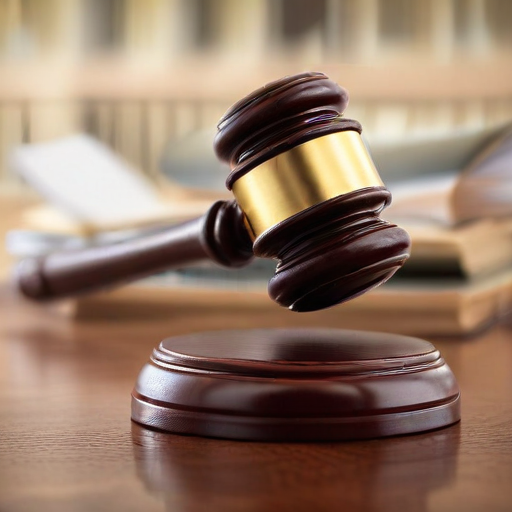In response to South Korean President Yoon Suk Yeol’s recent declaration of a state of emergency, Amnesty International’s East Asia Researcher Boram Jang has issued a stern warning about the potential consequences on human rights. Jang emphasized that the state of emergency should not serve as a rationale for infringing upon individuals’ rights. She called on President Yoon to clarify the reasons behind the imposition of martial law and ensure that any restrictions on human rights are strictly temporary and legally justified.
The declaration reportedly aims to combat what the president described as “shameless pro-North Korean anti-state forces.” Following this announcement, the military indicated that political activities, as well as media and publishing operations, would come under strict control, and demonstrations would be prohibited.
Under South Korean law, martial law is only permissible in the face of extraordinary threats, such as war or armed insurrections. Experts question whether the rationale provided by President Yoon, which involves addressing alleged subversive actions and ongoing impeachment proceedings, meets the rigorous legal requirements stipulated in the nation’s Constitution.
Jang articulated that the rule of law must prevail even in emergencies, underscoring that martial law should never be leveraged as a mechanism to stifle dissent or limit fundamental freedoms. She insisted on adherence to international human rights norms, asserting that unjustified martial law would violate essential human rights standards.
While the situation appears tense, there is a glimmer of hope in the global community’s commitment to human rights advocacy. Increased scrutiny may serve as a catalyst for President Yoon and his administration to ensure that any emergency measures taken are proportionate and respect the rights of all citizens.
In summary, the declaration of martial law in South Korea has raised significant alarm regarding the potential erosion of human rights. Advocates stress the importance of transparency and justification for such measures, aiming to safeguard the principles of democracy and civil liberties amidst challenges.
